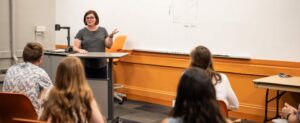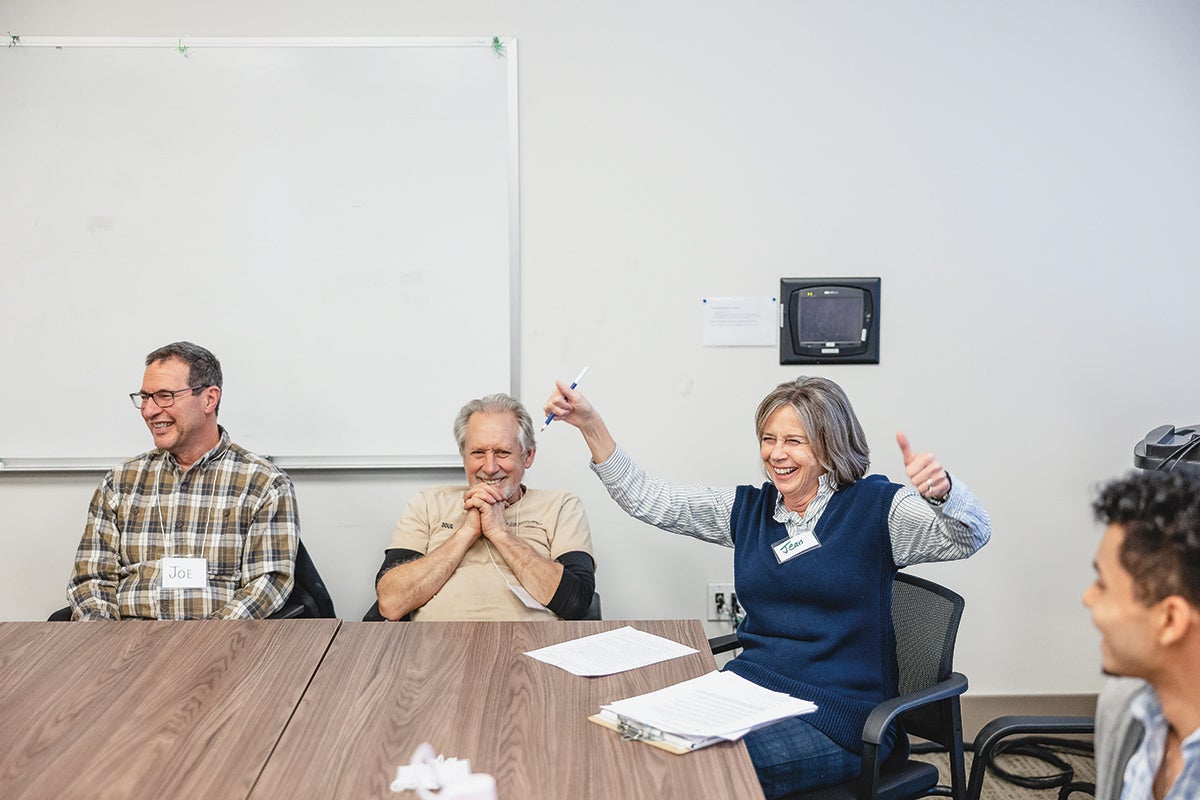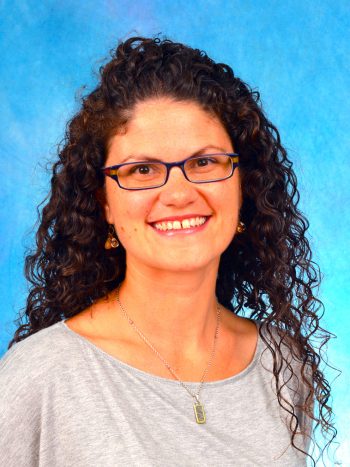Thinking about pursuing a bachelor’s degree in psychology at CWRU?
 There are many reasons to major in psychology. You may want to learn more about the brain, emotions, cognition, social behavior, or psychological health. Psychology is a very broad field and there are many different tracks from research to practice, or both, in a wide range of areas. Pursuing a bachelor’s degree in psychology at CWRU can help jump start your career as a therapist, counselor, consultant, teacher, lawyer, researcher, or physician, just to name a few.
There are many reasons to major in psychology. You may want to learn more about the brain, emotions, cognition, social behavior, or psychological health. Psychology is a very broad field and there are many different tracks from research to practice, or both, in a wide range of areas. Pursuing a bachelor’s degree in psychology at CWRU can help jump start your career as a therapist, counselor, consultant, teacher, lawyer, researcher, or physician, just to name a few.
Gain breadth in psychological topics as you learn about the neural bases of emotions, types of psychological disorders, how we learn and create memories, and how children develop in our lecture courses. Further develop that knowledge in small seminar courses with our professors while you learn about how to evaluate and conduct scientific research, learn about psychophysiology, and develop your own research projects.
how to evaluate and conduct scientific research, learn about psychophysiology, and develop your own research projects.
Although graduate degrees are required for some careers, only about 40 percent of students who pursue a bachelor’s degree in psychology go to graduate school or professional training after they graduate. A much greater number of students go directly into the workforce.
Why choose Psychology at CWRU?
 The Psychology faculty at CWRU focus on teaching as much as research and blend these together seamlessly! For instance, students are offered a small hands-on research methods course, and a number of senior Capstone course offerings. In these courses, students get to know faculty and dive into their own research ideas.
The Psychology faculty at CWRU focus on teaching as much as research and blend these together seamlessly! For instance, students are offered a small hands-on research methods course, and a number of senior Capstone course offerings. In these courses, students get to know faculty and dive into their own research ideas.
A number of our Psychology majors go on to work closely with research faculty to develop their research ideas into fully functional studies. SOURCE offers small research grants to undergraduate students for studies that require funding. Many of these projects become presentations at international conferences or even publications, including in top-tier Psychology journals!
to develop their research ideas into fully functional studies. SOURCE offers small research grants to undergraduate students for studies that require funding. Many of these projects become presentations at international conferences or even publications, including in top-tier Psychology journals!
Past projects have included a research study on how Rubik’s Cube training influences problem solving performance, a meta-analysis on the effectiveness of growth mindset interventions in classrooms, and survey studies on the LGBT community.
To learn more about the accomplishments of our students and the cutting edge research being conducted by our faculty and students check out our highlights below. Please also check out our brochure. We hope to see you next fall!
Highlights
Connecting—With and Without Words Fostering communication and community for people with neurogenic disorders
Every Monday, nearly 35 people come together for a program on the edge of campus, drawn by camaraderie, a compassionate environment and a desire to communicate better as they live with a nervous-system disorder that makes speaking difficult. For years, many members of this Case Western Reserve University program, known...
Lauren Calandruccio receives 2025 CAPCSD Excellence in Diversity Award
Professor of Communication Sciences Lauren Calandruccio and her collaborator Jessica Sullivan, assistant professor at Hampton University, have been named recipients of the 2025 Council of Academic Programs in Communication Sciences and Disorders (CAPCSD) Excellence in Diversity Award. This award recognizes outstanding contributions to the field of communication sciences and disorders,...
Meet new faculty member in the College of Arts and Sciences
Helen L. Long Assistant Professor Psychological Sciences Helen L. Long Though Helen Long knew she wanted to be a speech-language-pathologist as a child, it wasn’t until she began working in the field that she realized her true passion was for research. With a PhD from the University of Memphis, a master’s from Florida...
WE’RE HIRING! Developmental Psychology Assistant Professor Position
For more information and to apply: https://apply.interfolio.com/153281. Review of applications begins November 1, 2024, and will continue until the position is filled.
WE’RE HIRING! Child Clinical Psychology Assistant Professor Position
For more information and to apply: http://apply.interfolio.com/152921. Review of applications begins October 25, 2024, and will continue until the position is filled.
Elizabeth Short participated in a panel discussion on countering learned helplessness.
PBS: Psychological sciences' Elizabeth Short participated in a panel discussion on countering learned helplessness. She discussed how parents can help their children overcome challenges. She is introduced at the 9:41 mark in the video.
College faculty featured in research and tech videos
The University Marketing and Communications video team has created several short videos that promote various researchers and their works to audiences inside and outside of CWRU. Featured on the university’s YouTube channel, several faculty members of the college are represented. View Lauren Calandruccio's video here
Asking yourself Socratic questions can calm your irrational thoughts
CNN: James Overholser, professor in the Department of Psychological Sciences at the College of Arts and Sciences, explained why therapy can be helpful for working through problems and toward goals in a way that’s difficult for many people to do alone. View the full article here
2024 John S. Diekhoff Awards for Excellence in Graduate Teaching and Mentoring nominees announced
The nominees for the 2024 John S. Diekhoff Awards for Excellence in Graduate Teaching and Mentoring were recently announced. Established in 1978 in honor of John Diekhoff, the John S. Diekhoff Awards for Excellence in Graduate Teaching and Mentoring are presented each year to four faculty members who make exemplary...




